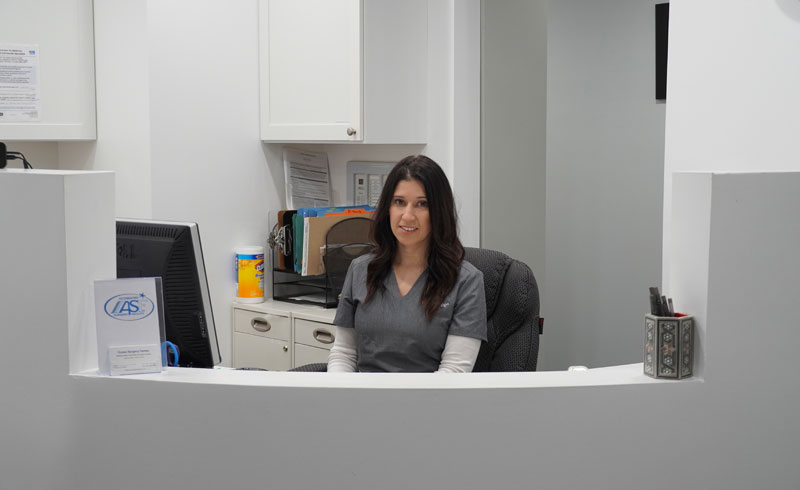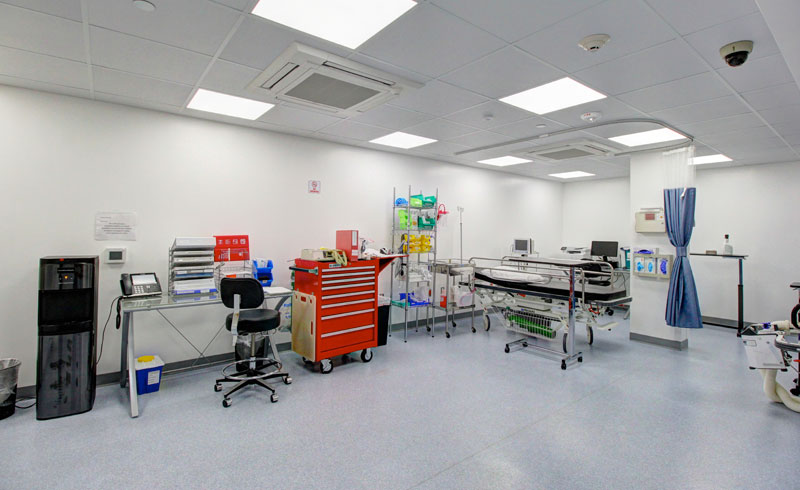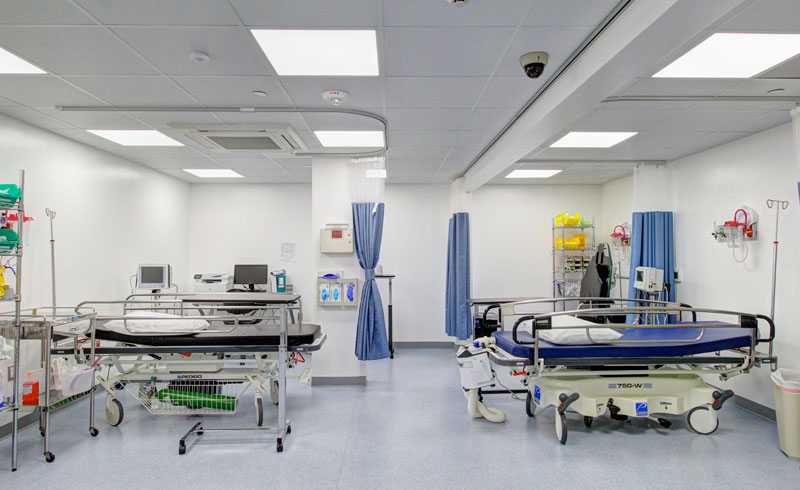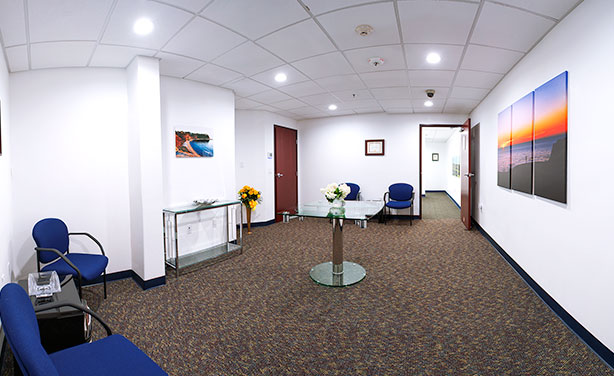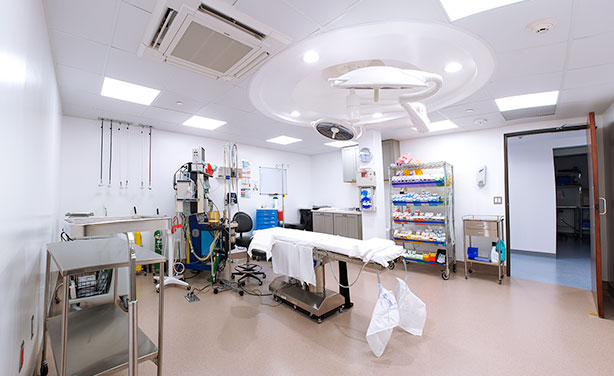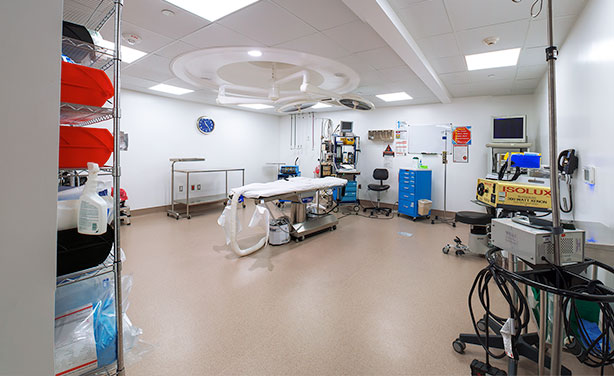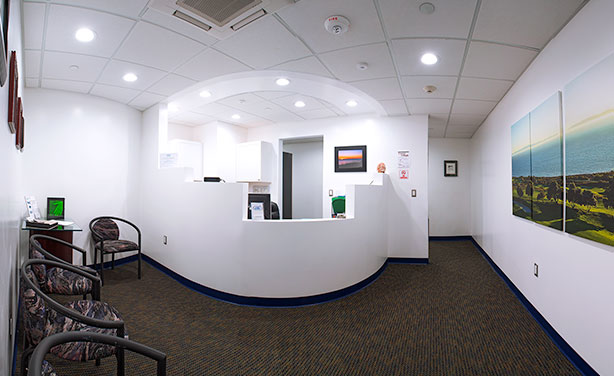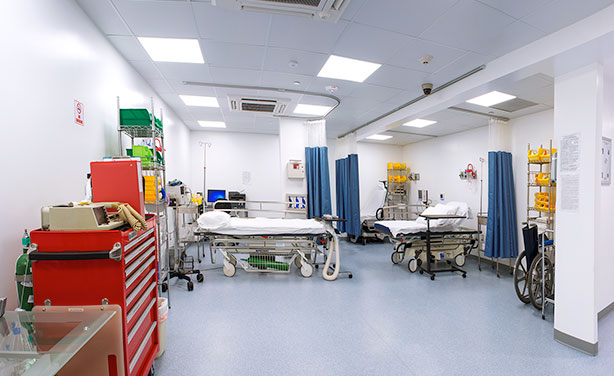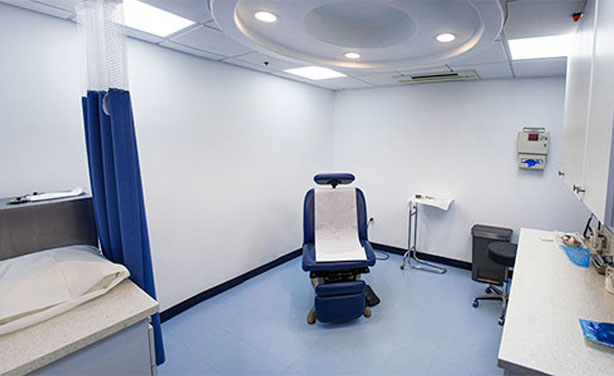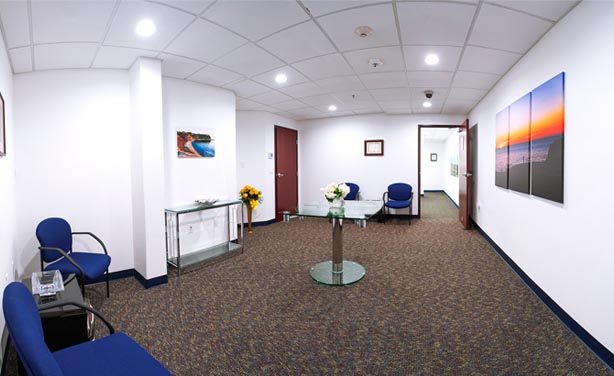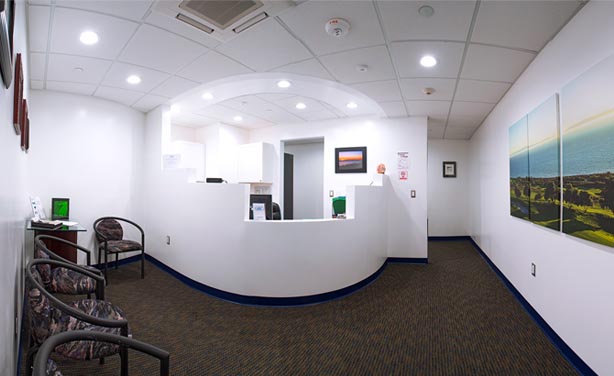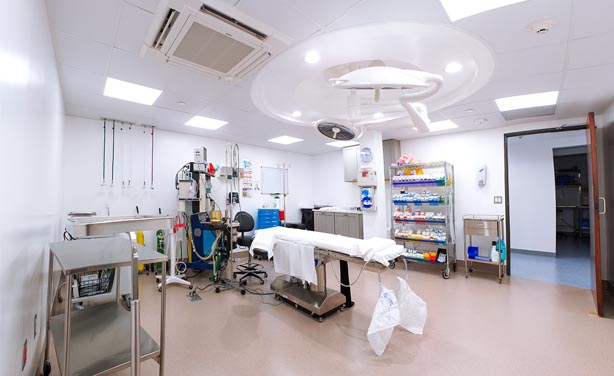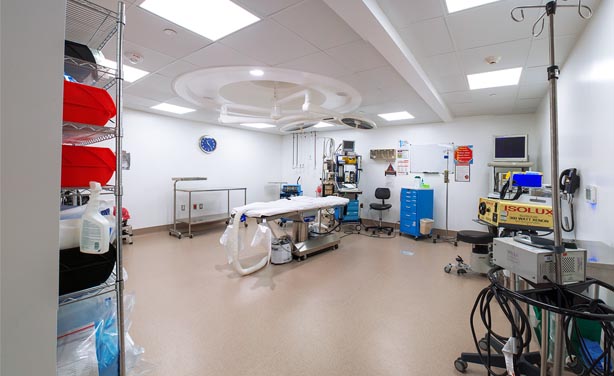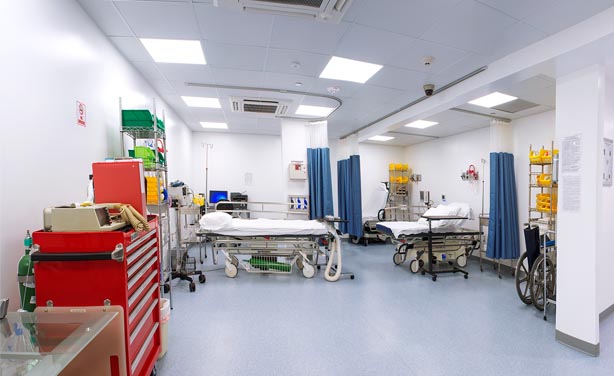Ocean Surgery Center Blog Torrance
Exercise After Tummy Tuck

Consult with your surgeon before attempting any exercise as your sutures and muscles need time to rest and recover from the surgery. Avoid vigorous exercise and heavy lifting for four to six weeks after a tummy tuck procedure. Start Slowly — Sit Up Carefully Sit up on your own several times a day. While this […]
How to Control Post-Surgery Pain

Postoperative pain mostly falls into the category of acute pain, meaning it will go away and go away fairly quickly. Expect to be asked what your pain is on a scale of 0 to 10. 0 means you feel no pain. 10 out of 10 pain means you are in agony. Experiencing some pain after […]
Constipation After Surgery

It is not uncommon for patients to have constipation after surgery. There are obvious reasons for it, including changes in diet, inactivity and stress but the most common one comes as a side effect from postoperative pain medications, especially opioids. For starters, normal bowel movements are different for everyone. For some, several bowel movements a day […]
What Types of Anesthesia Are Used During Outpatient Surgery

There are four common types of anesthesia used in outpatient surgery: Local anesthesia Regional anesthesia IV sedation or Twilight anesthesia General anesthesia What Is Local Anesthesia? Doctors use local anesthetics to block pain in a part of the body that they are operating on. It is commonly used for removal of small skin growths or […]
Mouth and Throat Care After Surgery

It’s common to experience a sore throat, dry mouth, bad breath and even hoarse voice after surgery, especially if you were intubated for general anesthesia. Anti-nausea drugs that are sometimes given to help prevent postoperative nausea and vomiting are also associated with dry mouth and a sore throat. Most of these symptoms go away within […]
Preventing Nausea After Surgery

Anesthesia will put you to sleep and prevent pain during your surgery, but can also make you feel nauseous afterwards. Some people don’t get sick after surgery, about half of all patients. But if you have following risk factors, you may be more likely to experience postoperative nausea: Previous experience of postoperative nausea and vomiting […]
For Better Recovery

Hydrate: Drink fluids, especially water, before and after surgery. Eat more protein for faster healing: especially fish, beans, legumes, nuts. Eat vegetables and fruit: Fiber will help you avoid constipation and you will also get much needed nutrients that reduce inflammation and help skin and tissue heal. Be active: If you are not active, increase […]
Ocean Surgery Center COVID Guidance

Our surgery center strictly follows and even goes beyond Department of Health issued guidance for ambulatory surgery centers to protect our patients and our staff, including: Comply with state and CDC guidelines to protect against further spread of COVID-19. Require preoperative COVID-19 RT-PCR test and ensure COVID-19 negative status before a scheduled procedure. Institute screening […]
How will my doctor decide when I can leave the surgery center after the procedure?

Your surgeon will look for signs that show you’re ready to go. He/She will want to know that you: Have normal breathing and blood pressure Have nausea under control Are able to stand and walk Can control your pain with pills instead of an IV Respond as well as you did before the surgery Are […]
Importance of Support System in Recovery

One of the benefits of an outpatient surgery is that you can go home soon after the surgery. And when postoperative instructions are properly followed, recovery is usually fast and successful. No matter what type of surgery you have, good support system can make a big difference, especially in the first 24-48 hours post surgery. […]

